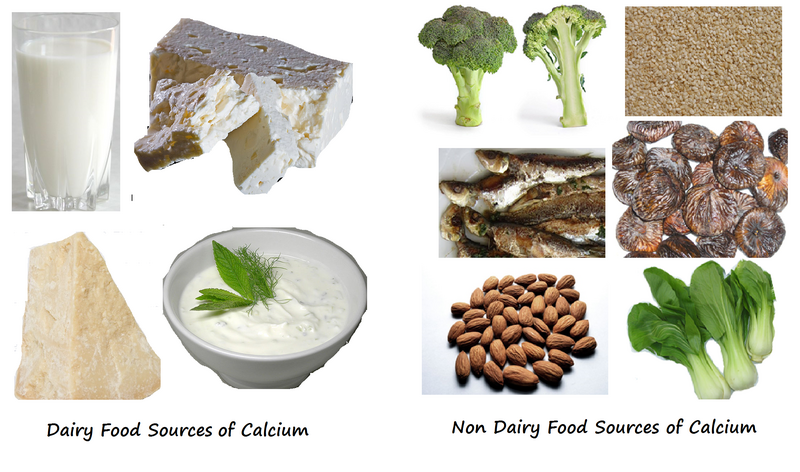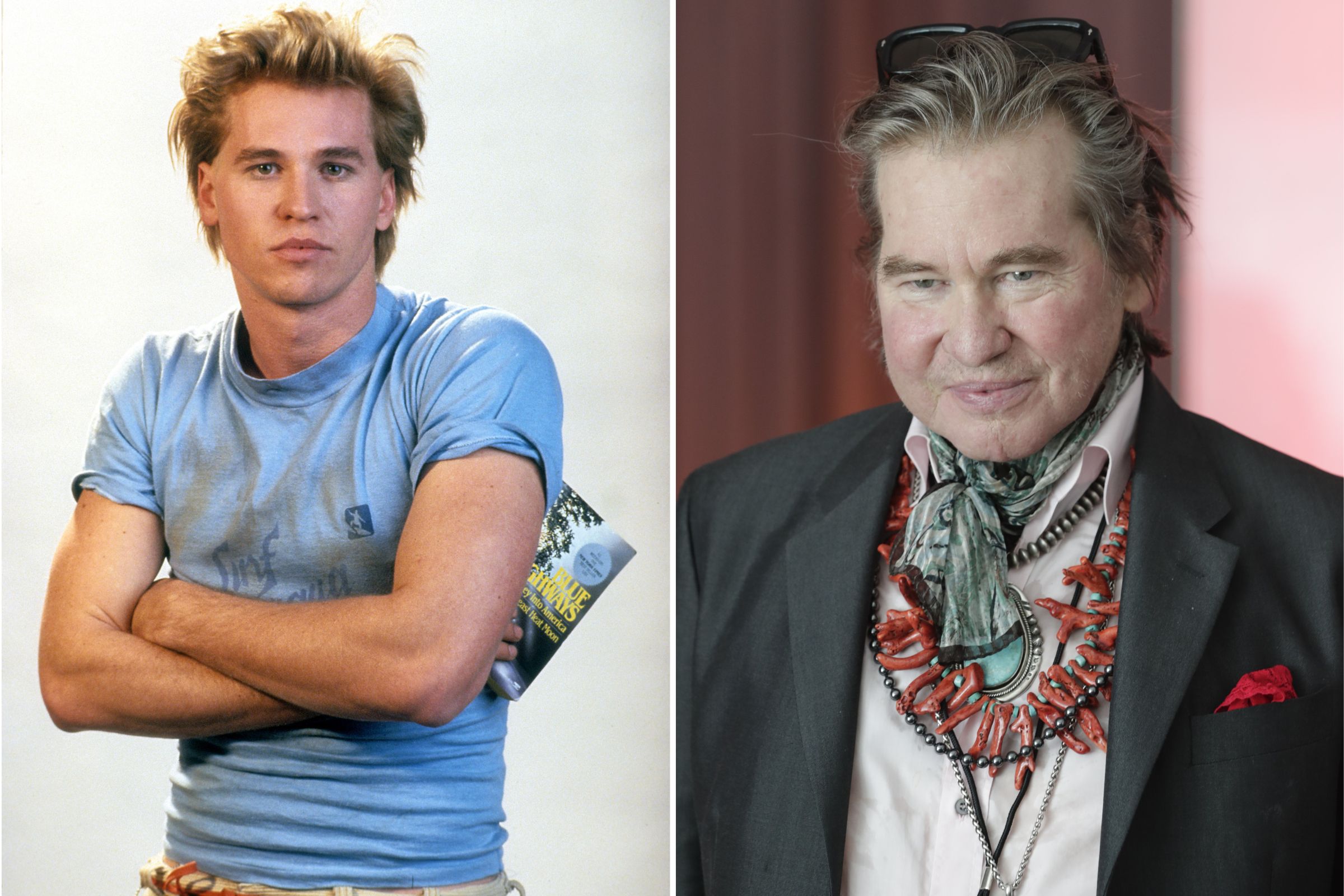
Val Kilmer, the brooding, versatile actor whose career spanned iconic roles from the stoic Iceman in “Top Gun” to the enigmatic Jim Morrison in “The Doors,” and the beloved Doc Holliday in “Tombstone,” has died. He was 65. His passing marks the end of a prolific career that, despite its numerous peaks and valleys, left an indelible impression on cinematic history and the landscape of American acting.
Kilmer died Tuesday night in Los Angeles, surrounded by his family and friends. His daughter, Mercedes Kilmer, confirmed his death in an email to The Associated Press, with The New York Times being the first to report the news. The cause of death was pneumonia, a condition that followed a challenging period of recovery after a 2014 throat cancer diagnosis, which necessitated two tracheotomies.
His life and career were perhaps best summarized by his own words toward the end of “Val,” the 2021 documentary exploring his journey: “I have behaved poorly. I have behaved bravely. I have behaved bizarrely to some. I deny none of this and have no regrets because I have lost and found parts of myself that I never knew existed. And I am blessed.” This sentiment encapsulates a career characterized by an intense dedication to craft, a challenging spirit, and an undeniable artistic presence that made him both celebrated and, at times, misunderstood in Hollywood.
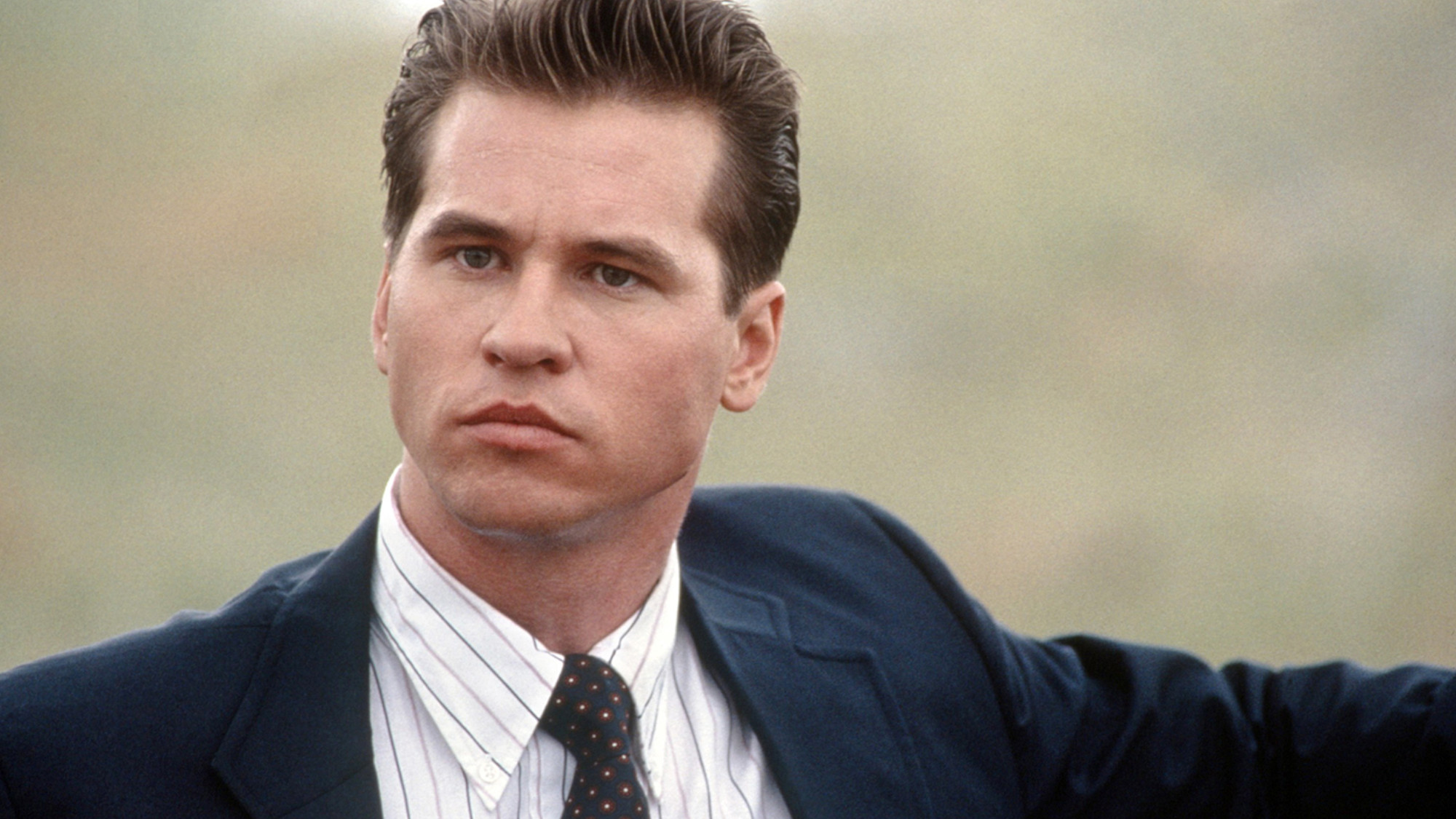
1. **A Life Concluded: Val Kilmer’s Passing and Enduring Spirit**
Val Kilmer’s death at 65 from pneumonia concludes a life that saw him inhabit a wide array of characters, from the historical to the fantastical, often with a commitment that transcended mere performance. His journey through a significant health battle, specifically throat cancer diagnosed in 2014, and the subsequent recovery from two tracheotomies, brought a deeply personal dimension to his public life in recent years.
Despite the physical toll of his illness, Kilmer’s spirit remained undiminished, as evidenced by his participation in the documentary “Val” and his return to the screen, albeit briefly and without his voice, in “Top Gun: Maverick.” These later endeavors underscore a resilience and a dedication to his artistic identity that persevered through profound personal challenges.
The announcement of his passing, confirmed by his daughter Mercedes Kilmer, resonated across the entertainment industry, prompting reflections on his unique contributions. He was a homegrown Hollywood actor who achieved leading-man stardom, yet whose protean gifts also made him a high-profile supporting player, leaving an impression of unpredictability with both movie viewers and moviemakers throughout his career.
His reflections on his life, particularly his statement of having “no regrets” and having “witnessed and experienced miracles,” provide a poignant summation of a life lived with intensity and a deep appreciation for its unpredictable course. This perspective offers insight into a man who continuously sought meaning and experience, both on and off the screen.
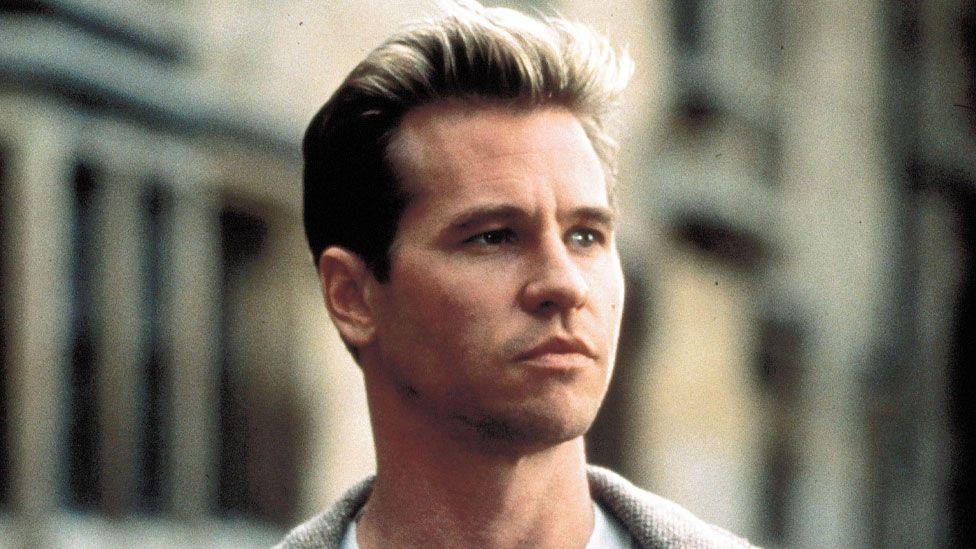
2. **Early Promise and Academic Brilliance: From Chatsworth to Juilliard**
Val Edward Kilmer’s journey began in Los Angeles, where he was born on December 31, 1959. He spent his formative years in the Chatsworth neighborhood, a place that also fostered the early talents of future Oscar winner Kevin Spacey and future Emmy winner Mare Winningham, his high school classmates. This environment provided an early glimpse into the world that would later define his professional life.
At a remarkably young age, Kilmer demonstrated a prodigious talent for acting. In 1981, at just 17, he made history by becoming the youngest drama student ever admitted to the prestigious Juilliard School. This early acceptance was a testament to his exceptional abilities and an indicator of the significant impact he was destined to make in the performing arts.
While at Juilliard, Kilmer’s creative drive extended beyond traditional coursework. He co-wrote and appeared in the play “How It All Began,” an adaptation of the autobiography of West German urban guerrilla Michael Baumann. After graduating, he further showcased his theatrical prowess by appearing in a professional production of the play at the Public Theater.
His early career decisions further emphasized his commitment to the stage; he famously turned down a role in Francis Ford Coppola’s “The Outsiders” to make his Broadway debut in 1983 in “The Slab Boys.” In this drama about young Scottish carpet factory workers, he shared the stage with future luminaries like Sean Penn and Kevin Bacon, signaling the caliber of talent he was surrounded by and contributed to.
Kilmer’s personal life during these formative years was also marked by tragedy. In 1977, his younger brother, Wesley, an aspiring filmmaker, died at 15 from an epileptic seizure in the family’s Jacuzzi. This profound loss deeply affected Kilmer, a sorrow he openly discussed, stating, “I didn’t really get back to earth until about two or three years after my brother died.” He later channeled this grief into his performance in “The Salton Sea,” where memories of that loss were central to his character, illustrating the deep connection between his personal experiences and his art.

3. **The Rise of a Comedy Star: Early Breakthroughs and Unconventional Roles**
Kilmer’s initial foray into the mainstream film industry demonstrated a surprising aptitude for comedy, quickly establishing him as a charismatic and versatile performer. His breakthrough arrived in 1984 with the spy spoof “Top Secret!” in which he took on the starring role of a crowd-pleasing, hip-shaking American singer in Berlin unwittingly entangled in an East German plot.
This role allowed him to showcase not only his comedic timing but also his musical talents, as he sang his own songs in the film. The success of “Top Secret!” paved the way for another memorable comedic turn in 1985’s “Real Genius.” In this sci-fi comedy, he portrayed a brainy college student, further cementing his reputation as a capable and engaging young actor with a broad range.
While he would later become known for more dramatic and intense roles, Kilmer revisited his comedic sensibilities throughout his career. His appearances in films such as “MacGruber” and the critically acclaimed “Kiss Kiss Bang Bang” years later underscored his enduring capacity for humor and his willingness to embrace diverse genres, showcasing a flexibility that defied easy categorization.
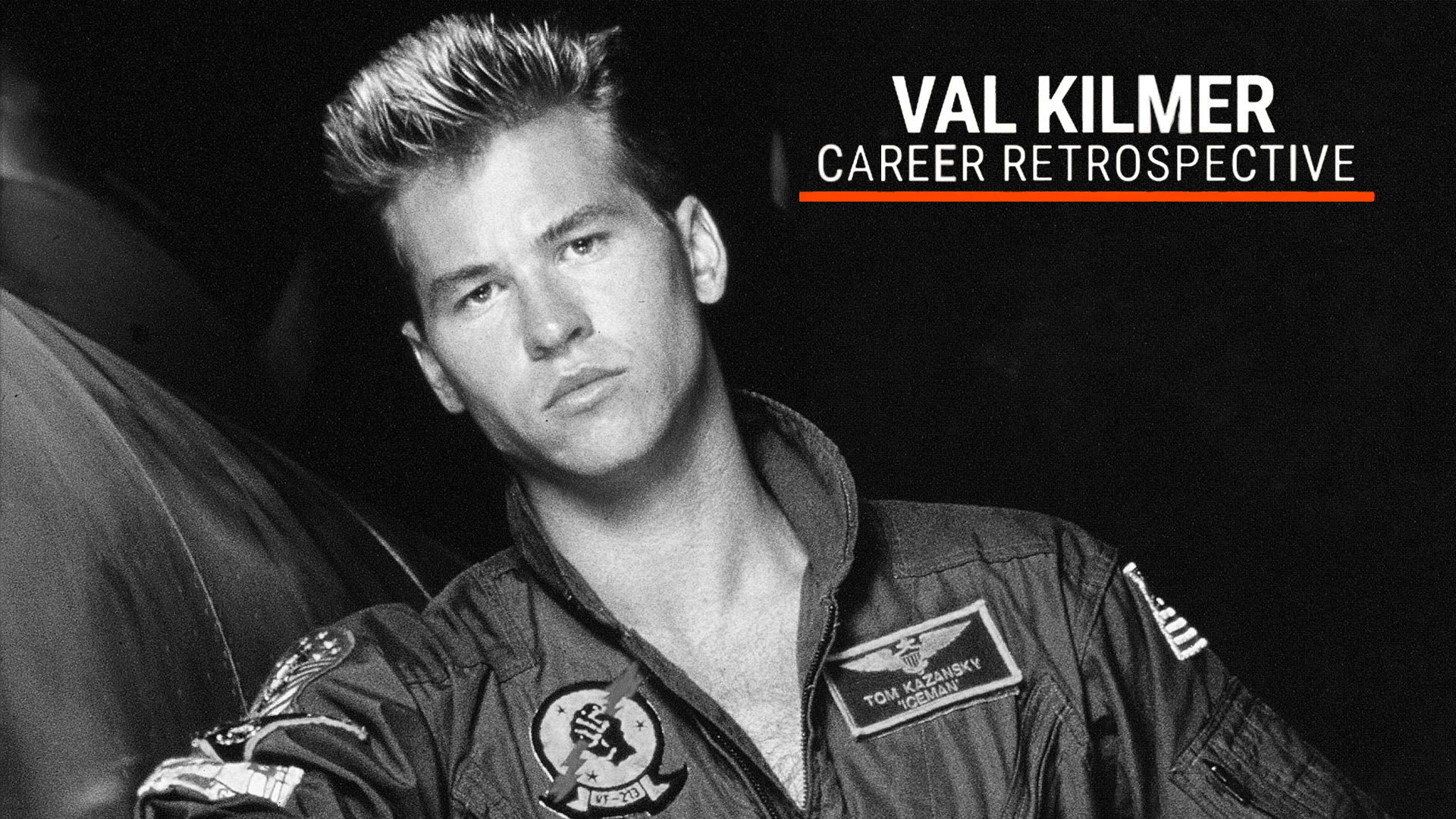
4. **Defining the Rival: Iceman in “Top Gun” and Its Enduring Legacy**
One of Val Kilmer’s most iconic and enduring roles was that of Tom “Iceman” Kazansky, the cool and cocky rival to Tom Cruise’s Maverick in the 1986 action-drama “Top Gun.” This performance not only solidified his status as a major star but also created a character that has resonated with audiences for decades, becoming a touchstone in popular culture.
Despite the role’s eventual significance, Kilmer initially harbored reservations about joining the project. As he recounted in his memoir, “I didn’t want the part. I didn’t care about the film. The story didn’t interest me.” He ultimately agreed to participate only after director Tony Scott assured him that his role would be significantly improved from the initial script, a decision that proved pivotal for his career.
The film itself was a monumental success, grossing $344 million at the box office and establishing itself as one of the highest-grossing movies of the 1980s. Kilmer’s portrayal of Iceman, marked by a blend of arrogance and underlying respect for his adversary, contributed significantly to the film’s dynamic and its lasting appeal, setting a precedent for many of his subsequent prominent appearances as a co-star or member of a starry ensemble.
Decades later, Kilmer reprised his beloved role in the 2022 sequel, “Top Gun: Maverick.” This return, despite his inability to speak due to his battle with throat cancer, was deeply moving. He shared a powerful and emotional scene with Tom Cruise, a moment that resonated deeply with audiences and critics alike. Cruise himself acknowledged the profound impact of their reunion, stating in a 2023 interview, “I’ve known Val for decades, and for him to come back and play that character… he’s such a powerful actor that he instantly became that character again.” This reprisal underscored the enduring bond between the characters and the actors, cementing Iceman’s place as a cornerstone of Kilmer’s legacy.

5. **Embodying a Legend: Jim Morrison in “The Doors”**
Val Kilmer’s portrayal of Jim Morrison, the charismatic and doomed frontman for the rock group The Doors, in Oliver Stone’s 1991 biopic, stands as one of the most transformative and critically acclaimed performances of his career. It was a role that showcased his “protean gifts” and his exceptional ability to fully immerse himself in a character, embodying the essence of a real-life legend with startling accuracy.
Kilmer’s preparation for the role was legendary in its intensity. He committed to an extreme method acting approach, memorizing the lyrics to all of Morrison’s songs even before his audition. To truly inhabit the persona, he wore leather pants consistently for nearly a year, asked castmates and crew to refer to him solely as Jim Morrison, and relentlessly blasted The Doors’ music for months, creating an immersive environment that mirrored Morrison’s world.
His dedication extended to the physical and vocal aspects of the performance; he learned 50 of Morrison’s songs and sang 15 tracks live for the film, with his vocals seamlessly combined with Morrison’s. The result was so convincing that esteemed critic Roger Ebert wrote, “There is never, not even for a moment, the sensation that Kilmer is not singing everything we hear,” adding, “Val Kilmer has always had a remarkable talent, which until now has been largely overlooked.”
Frank Whaley, who played Doors guitarist Robby Krieger in the film, reflected on the profound impact of Kilmer’s commitment, stating, “Working with Val Kilmer and watching him transform himself into Jim Morrison was life-altering for me as an actor.” This sentiment was echoed by Doors drummer John Densmore and keyboardist Kyle MacLachlan, who both paid tribute to Kilmer’s ability to capture Morrison’s spirit, with MacLachlan saying, “You’ll always be my Jim. See you on the other side my friend.”
Kilmer himself articulated his approach to the challenging role of a figure known for his excesses. He explained, “I didn’t get seduced into his style of living, but had to and needed to, for the role, to be as disciplined as he was in these escapades, he was a very disciplined drinker, as much as he was a disciplined artist. I mean, he was looking for inspiration every second of the day.” This insight reveals his profound understanding of Morrison’s complex nature and his own rigorous methodology in bringing such a figure to life on screen.
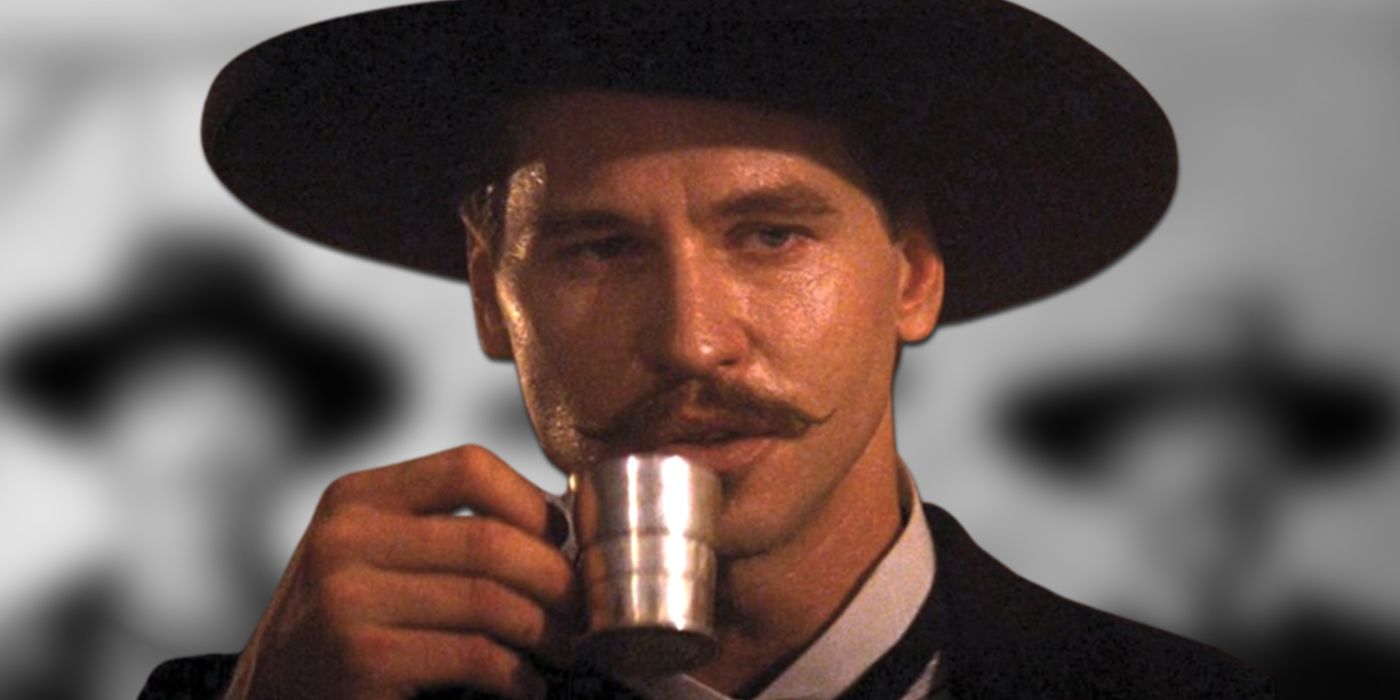
6. **The Sardonic Gunslinger: Doc Holliday in “Tombstone”**
Among Val Kilmer’s most beloved and memorable performances is his portrayal of the urbane, sardonic gunslinger Doc Holliday in the 1993 Western drama “Tombstone.” Starring alongside Kurt Russell as Wyatt Earp, Sam Elliott as Virgil Earp, and Bill Paxton as Morgan Earp, Kilmer brought a nuanced depth to the historical figure, making him a fan favorite and a critical highlight of the film.
Kilmer’s approach to the role exemplified his commitment to method acting. To authentically depict Holliday’s struggle with tuberculosis in the film’s poignant final scene, Kilmer immersed himself in the physical sensations of the illness, reportedly filling his bed with ice to mimic the feeling of dying from the debilitating disease. This meticulous attention to detail underscored his dedication to embodying his characters fully.
His performance as Holliday was lauded for its wit, charm, and underlying melancholy, capturing the essence of a cultivated man facing his own mortality with a distinctive flair. The role resonated so strongly with audiences that Holliday’s signature line, “I’m your huckleberry,” became an enduring internet meme and later served as the evocative title for Kilmer’s 2020 memoir, further cementing its cultural impact.
The film itself became a revered Western, praised for its historical detail and compelling characterizations. Kilmer’s Doc Holliday is frequently cited as one of the genre’s most iconic portrayals, a testament to his ability to steal scenes and leave a lasting impression even in an ensemble cast. His work in “Tombstone” showcased his capacity for inhabiting complex, historical figures with both accuracy and artistic license, blending research with profound emotional insight.

